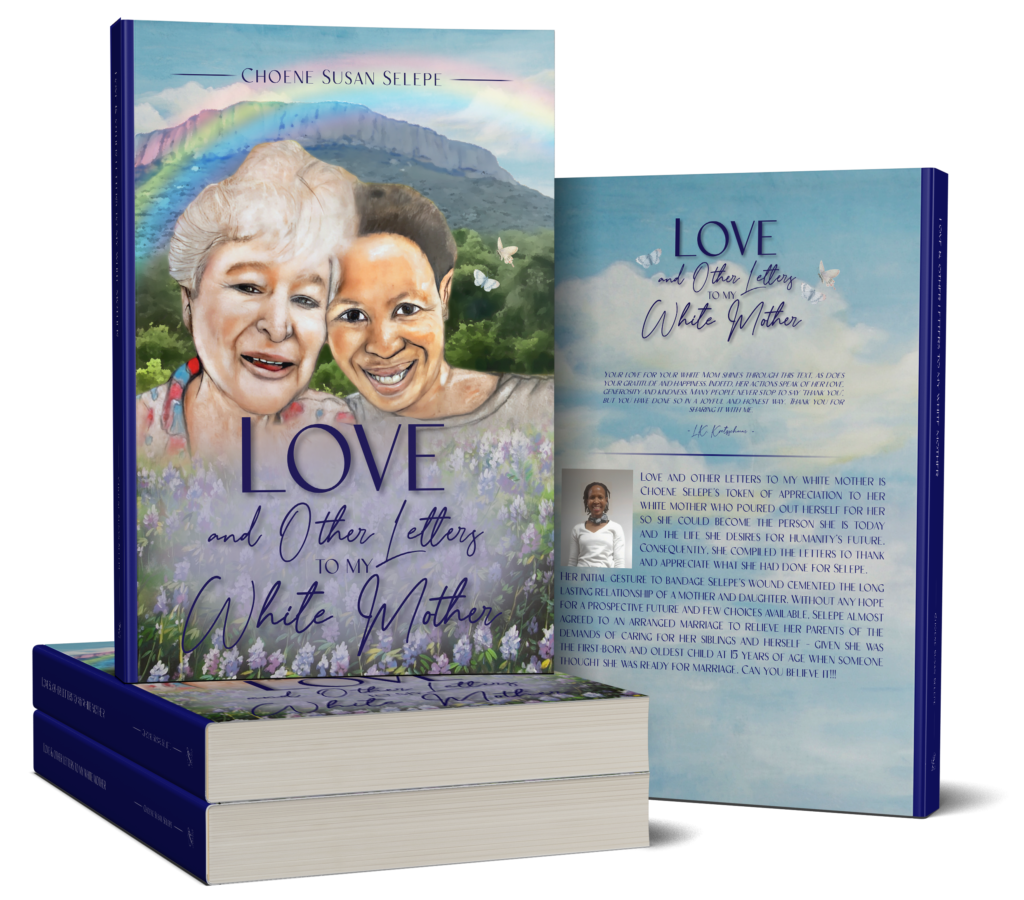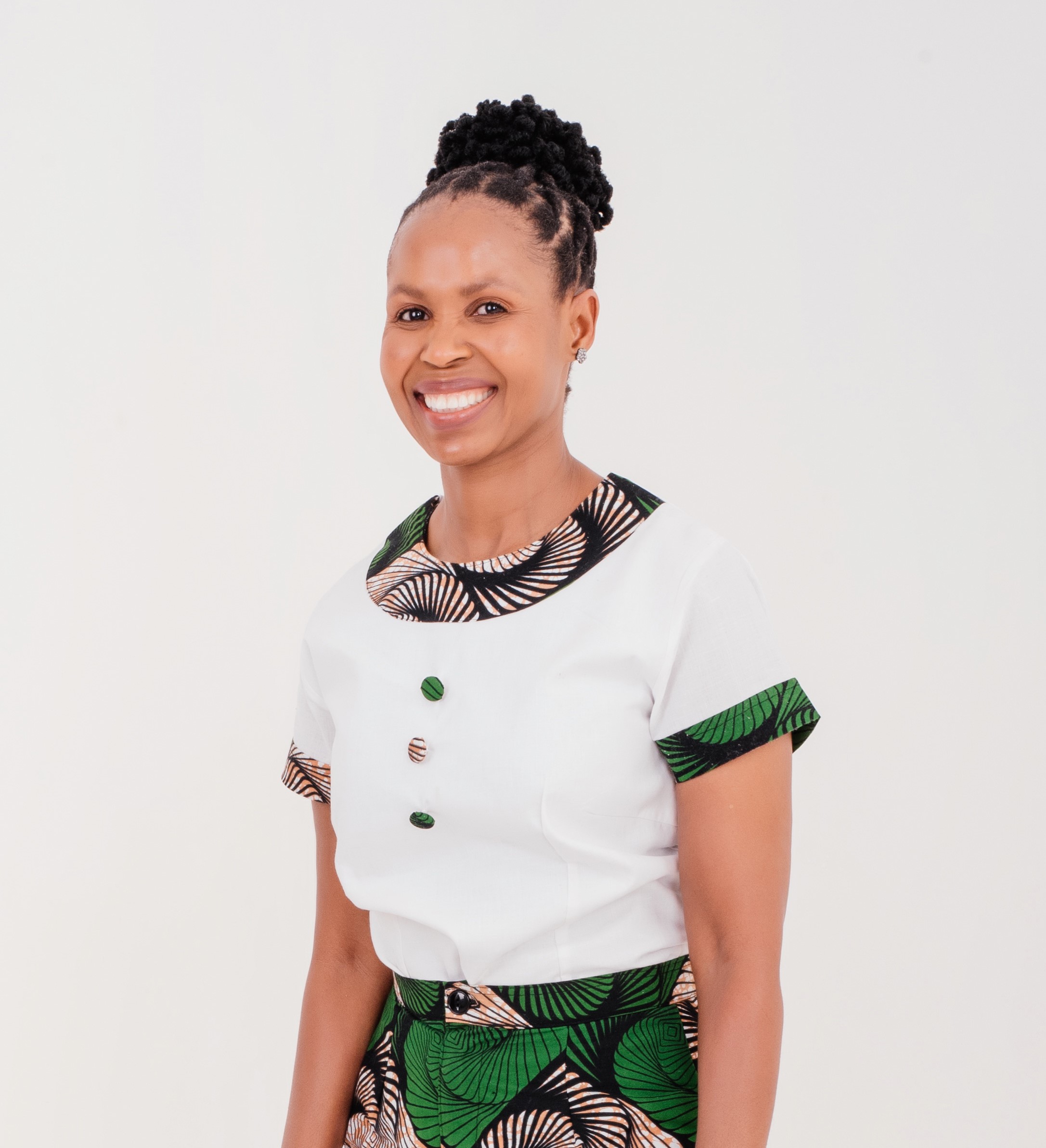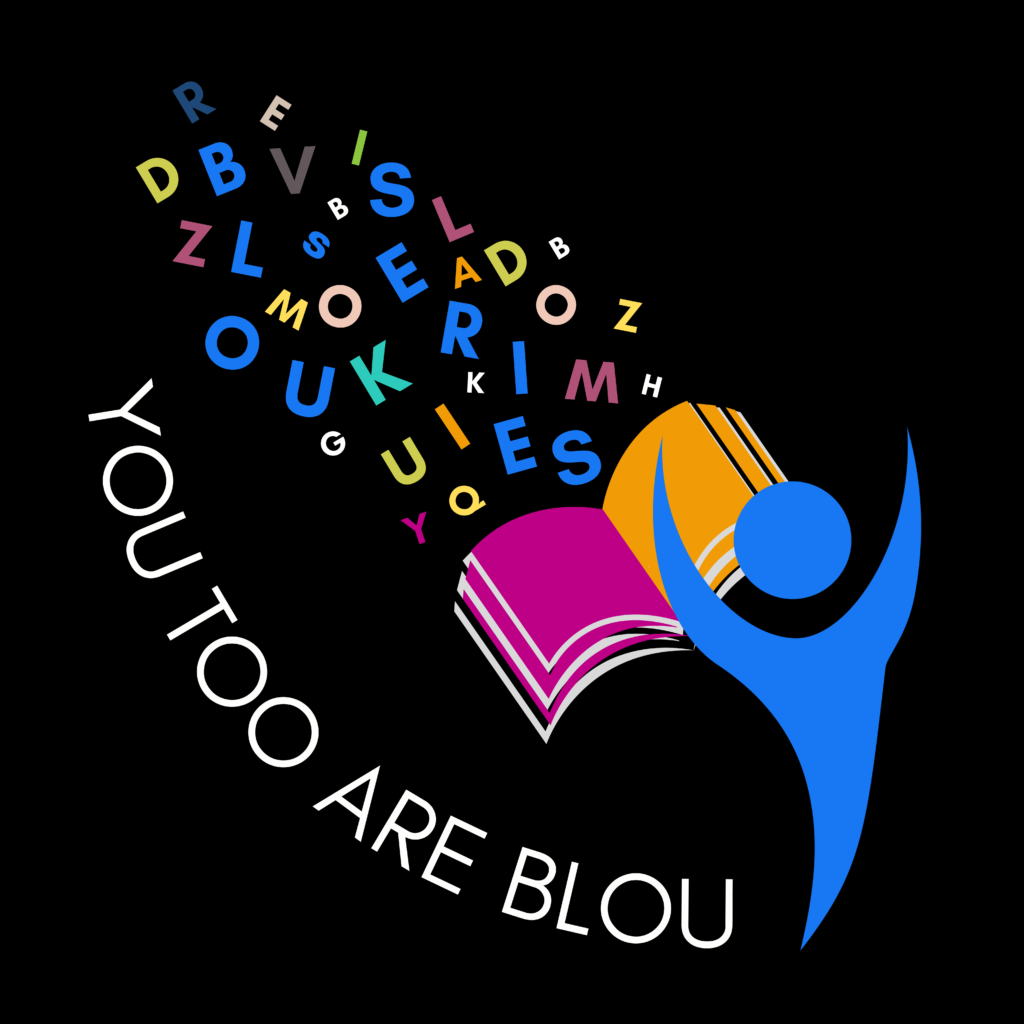
Love and other letters to my white mother
The book is about how Mom demonstrated her love to meet my needs – all the way from Johannesburg. She came covered me with love and set me on a new foundation that would see me flourish and become the person I am today. She heard my dream to become a teacher and acted out of love to change my situation.
My encounter with her and her deep-seated love for me have changed the way I look at human beings, and the way I want to experience and encounter other people. I intend to develop and maintain relationships and deeper connections with many adults and children who find themselves on the other side of the fence; those trying to get to this side of the fence to be part of humanity.
‘Mom, on the outside you are my white mother, but on the inside, you are just my mom.’
She simply and lovingly merged my blackness into her whiteness to create something that ought to be taught, learnt, celebrated and practised. This book celebrates her love as I have known and experienced it; now I want to share and live it with others. It redefines the kind of love that creates a better world. I am committed to improving on Mom’s love. Such love!

Choene Selepe
Founder of You Too Are & Author of the book Love and Other Letters to my White mother.
Deputy Director Community Arts Centre’s in South Africa (policy and programmes)

About the Author
My name is Choene Susan Selepe (formerly Ntjana). I was born and raised in a small rural village called Morale HaKibi, on the northern side of the Blouberg Mountains in Bochum, Limpopo Province, South Africa. I am Mohananwan; my ancestors came from Botswana under the leadership of Matsela Maleboho in the 1800s. I belong to the seventh generation of the tribe on this side of Limpopo River. Tshwene (‘baboon’) is a totem of the Bahananwa tribe. There were plenty of baboons on the mountain. Ba ha na ni came into being because of the conflicts over leadership. While the king’s senior wife did not have a son to take over the reins, the junior wife had a son who eyed the leadership; neither side wanted to be led by the other. The disagreement continued until the third generation, when fierce fighting led to the separation. The Bahananwa ba Kibi were chased out and had to settle on the northern side of the mountain, while the Bahananwa ba Maleboho remained on the southern side of the mountain.
I grew up in a village that valued marriage, and essentially groomed the girl child for marriage. Marriage was always on the togues of adults and the elderly. If an adult happened to pass by as we played outside, he or she would choose a child to become his or her son’s wife. We grew used to that, and sometimes joked and teased each other, calling ourselves the wife of so and so.
My father worked in the city of Johannesburg and could not come home often. After losing his job following a labour dispute, he came back home permanently. I observed my parents’ marital life from the age of 13, when I became fully aware of what it means to be a wife and a husband.
I put myself in my mother’s shoes. She worked extremely hard to take care of us. I saw how she struggled, and discerned her inability to change the new situation in which we all found ourselves. It was too much for her to bear. She had to take care of six of us. I looked at her and said to myself: I do not want to get married to a man like my father and struggle like my mother. I started dreaming of the kind of marriage I wanted – the future I desired for me and ‘my family’. I started dreaming of becoming a teacher. But when I was 15, someone thought I was ready to get married, and took advantage of my desperate situation.
My encounter at 16 with Mom Genie, my white mother
Mom arrived when life was about to crush me. She came on the morning of 12 May 1988, as part of the Johannesburg Mountain Club. Our short encounter resulted in the person I am today. Discover the details in this book.
For a signed copy, please contact the author below.
Please indicate your name, phone number and reason for inquiry.